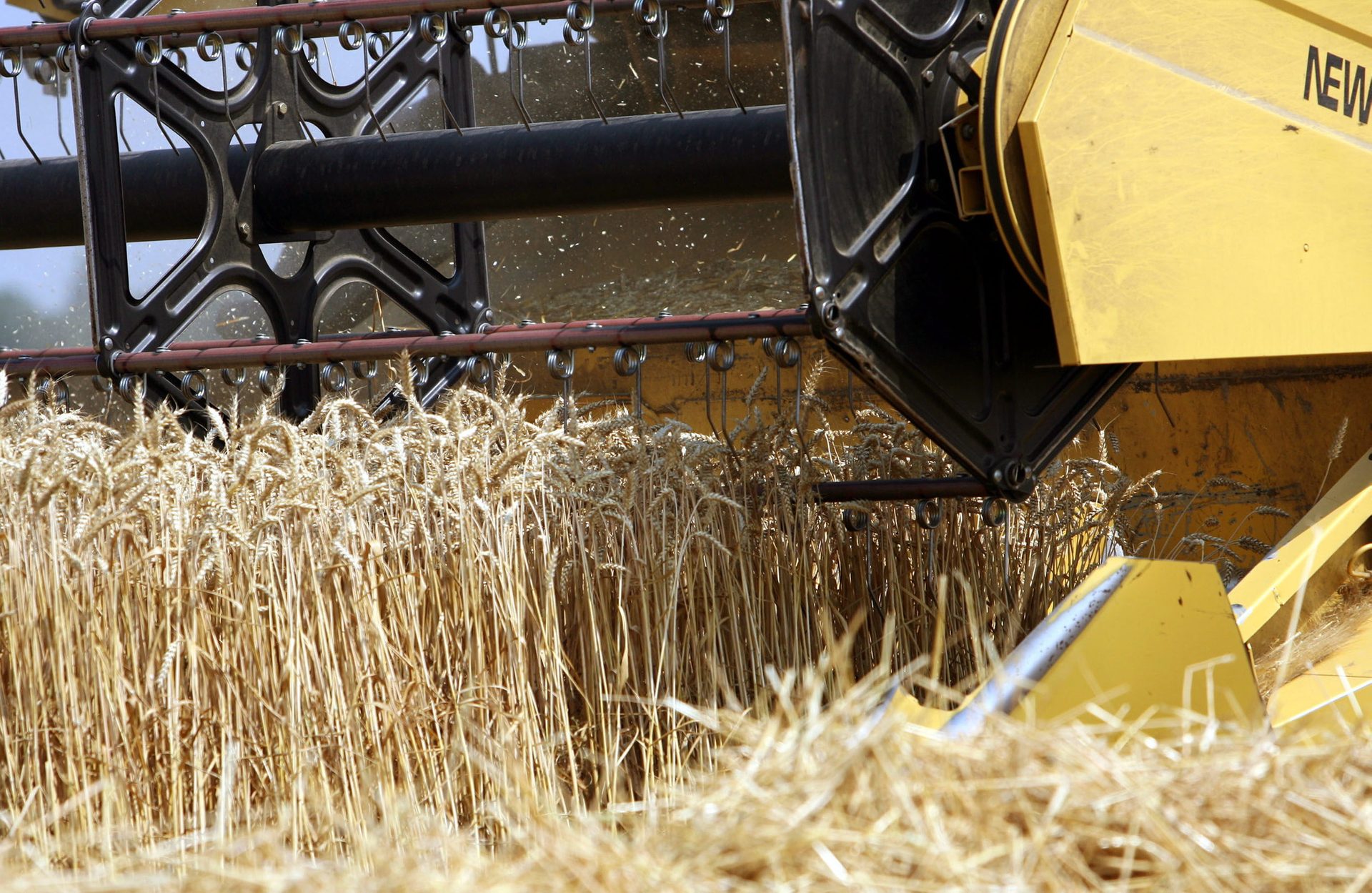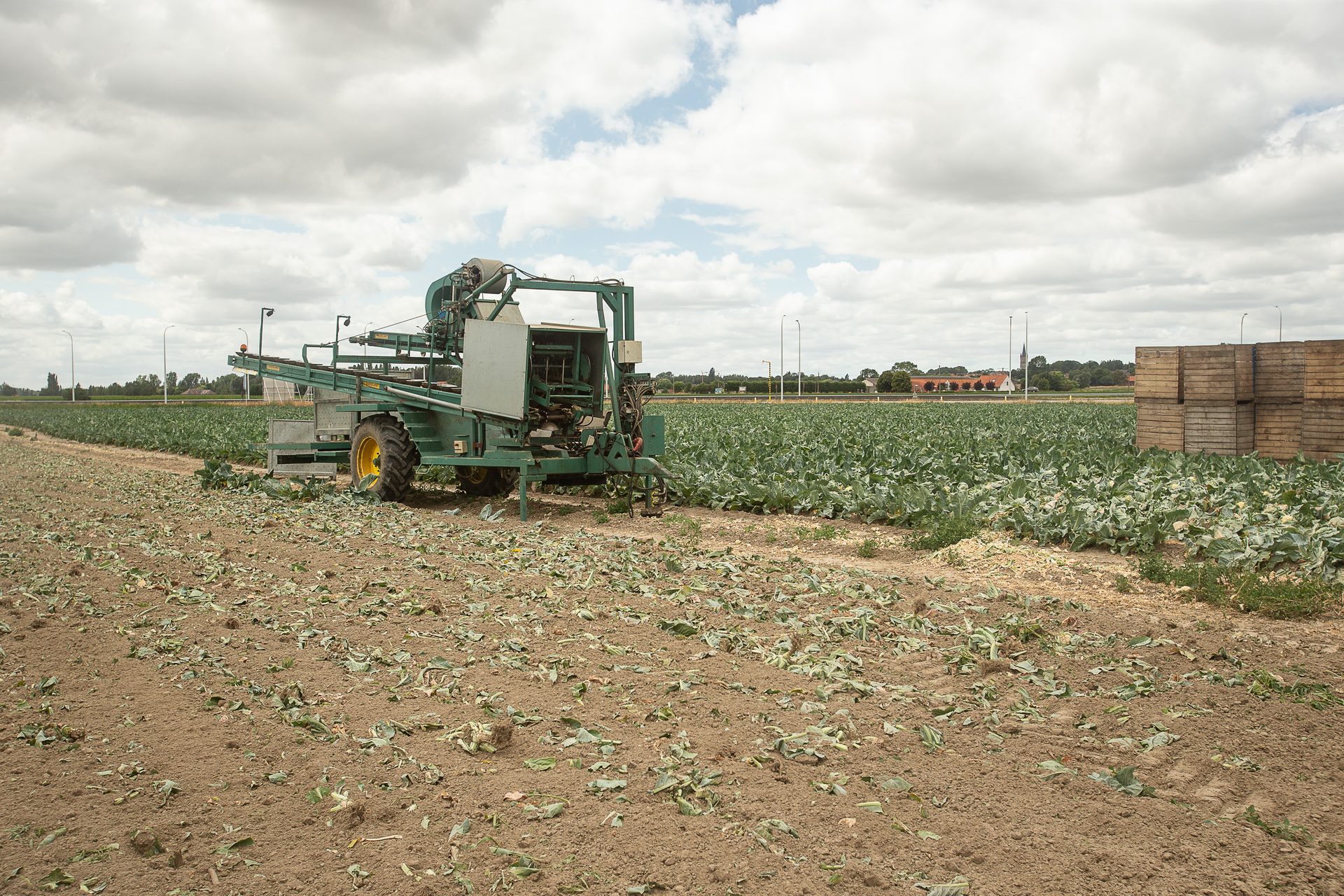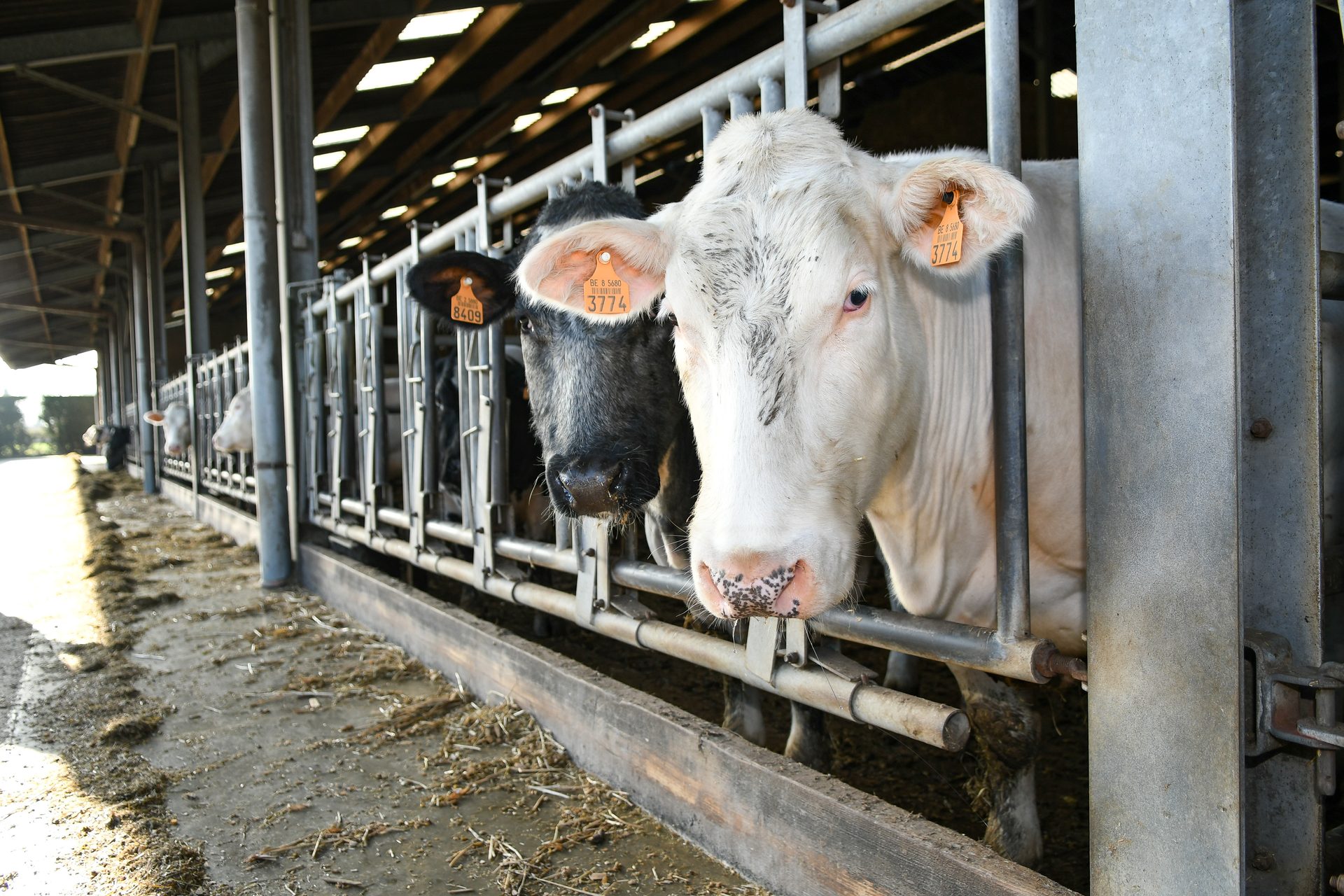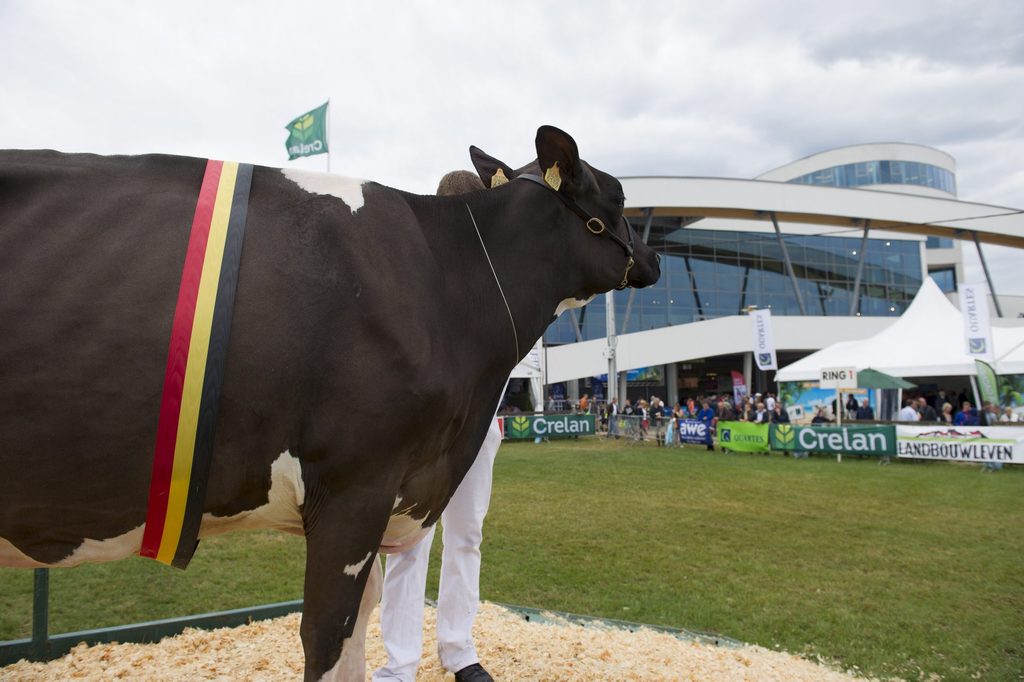Europe’s largest open-air agricultural event, the Libramont Agricultural Festival, kicks off on Friday. The event opened to stormy weather, not just in the fields above Wallonia, but also hanging over the industry.
This year’s theme centres around the question: “Agriculture, a story without hunger. Let’s raise, let’s grow, let’s pass it on.” The event was preceded by “Agreen Startup” – a hackathon event dedicated to the agricultural, forestry and environmental sectors, tasked with working on solutions to some of the industry’s burning problems.
This year, Belgian farmers have relatively little to celebrate. The agricultural sector finds itself under great pressure from environmental concerns, government legislation, and difficult economic conditions as a result of the war in Ukraine. Agriculture, which keeps food on our tables, is facing a series of major upheavals, many of which have caused considerable anger among farmers.

Credit: Belga/ Virginie Lefour
Environmental tug-of-war
Tensions between farmers and policymakers are growing – especially at the EU level. The bloc's Common Agricultural Policy accounts for approximately one third of the EU budget, with the huge subsidies linked to environmental reforms.
But this has pitched the people on the ground against those in the parliaments and farmers regularly go on strike across the country to protest these measures, as the industry is increasingly forced to prioritise environmental concerns over production.
In Flanders, the nitrogen plan led to months of protest by farmers, who arrived in convoys of tractors in Brussels. Around 25-30% of global emissions come from the food production sector and the Belgian and European governments must seek a way to reduce emissions of CO2, methane, and nitrogen. At the same time, farmers complain that these measures threaten their means of subsistence.
Many in the industry also argue that EU legislation makes the business of farming too time-consuming, with reams of administrative work added to an already difficult task. There are also grumblings from cattle breeders as the EU attempts to push ahead with the Mercosur treaty, which would open European markets to imports of cheap South American meat.
The new Nature Restoration Law, which passed through the European Parliament several weeks ago, is another battleground for farmers and lawmakers.
Growing financial burden
Financially, 2022 was difficult for farmers across Europe. The war in Ukraine and the subsequent spike in inflation saw the price of most agricultural inputs, such as seeds, fertilisers, and energy, skyrocket.
In September 2022, the cost of fertilisers was 149% greater than at the same period the year prior. Nitrogen fertiliser production is more than 90% reliant on natural gas, which reached record levels last year. The situation has since improved, but remains around 20% above pre-pandemic levels.

Credit: Belga/ James Arthur Gekiere
The culmination of these problems has already taken its toll in Belgium. In Wallonia and across many parts of Europe, farmers are simply throwing in the towel faced with the onslaught of environmental restrictions and economic shocks.
In Wallonia there are 16,000 fewer farms than 30 years ago. In 1991, there were around 29,000 farms in the region; this had fallen to just 13,000 in 2021. Those still working the fields are ageing rapidly and just 6% of farm managers were under 35 years old.

Credit: Belga/ Bernard Gillet
Moreover, new farmers are struggling to gain a foothold in the industry with agricultural rents at all-time highs. Since 1998, agricultural rents have increased by 83%, rising from €287 per hectare to €329 per hectare in the last decade. This price is further driven up by competition for land from solar energy, Christmas tree farms, industrial zones, and leisure use. The price of land for purchase has risen 41% since 2017.
Silver linings?
According to a recent CBC Bank survey, 80% of Walloon farmers say that they are facing difficulties as a result of environmental regulations. Another 90% expect this issue to get worse in the future. The same amount worries about the profitability of their operation.
Faced with such an array of problems, is there hope for farmers in Belgium? Perhaps. If attendance is anything to go by, the Libramont Agricultural Fair remains an important calendar date for Walloon and European farmers. Almost all of the fair’s 100,000 square metre exhibition space was booked up by international exhibitors, pointing to an industry eager to rise to the challenges of a new European agriculture.
Related News
- Belgian agriculture is greying, masculine and focused on livestock farming
- Walloon government adapts measures to stop soil erosion
According to the European Commission’s Summer 2023 short-term agricultural outlook report, there are “some early signs of positive market prospects”, noting that the growth of some input costs had slowed down or even declined since the last forecasts in the spring. Similarly, energy inflation has reduced, slightly easing pressure on farmers.
The result, hopefully, will be a reduction in food inflation. This has stabilised since January 2021 but still remains very high. For now, retail food prices continue to rise. Reducing the burden on farmers will invariably form part of the solution to the EU’s food woes. But balancing environmental regulation and industry support will be crucial.

